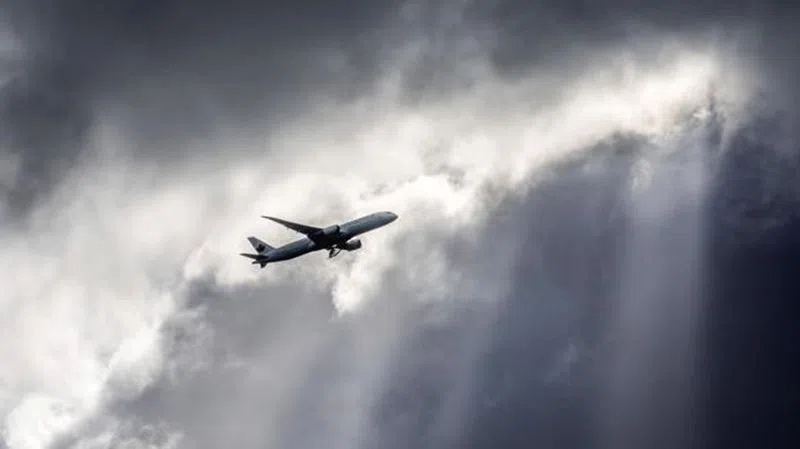
Experts see holes in international flight security rules, oversight
MONTREAL — Questions about how and when planes are permitted to fly have been raised in the aftermath of the deadly crash of a Ukrainian airliner near Tehran last week that killed all 176 people on board.
Experts say the crash, which happened after the plane was hit by an Iranian surface-to-air missile, points to a glaring gap in rules around flight security, with countries sometimes failing to close their own airspace amid a lack of authority by global agencies.
Transport Canada said last week that Canadian carriers were complying with U.S.-led restrictions on commercial flights in Iraqi, Iranian and some Persian Gulf airspace amid heightened tensions between the U.S. and Iran affecting the region. But not all countries’ aviation agencies instructed their carriers to steer clear, and Iran failed to ban civilian travel even as its military was on high alert.
Countries often hesitate to shut down their airspace due to the economic and political turbulence it can create, says Michael Bociurkiw, who was an observer for Ukraine’s investigation into the downing of a Malaysia Airlines flight in 2014.

